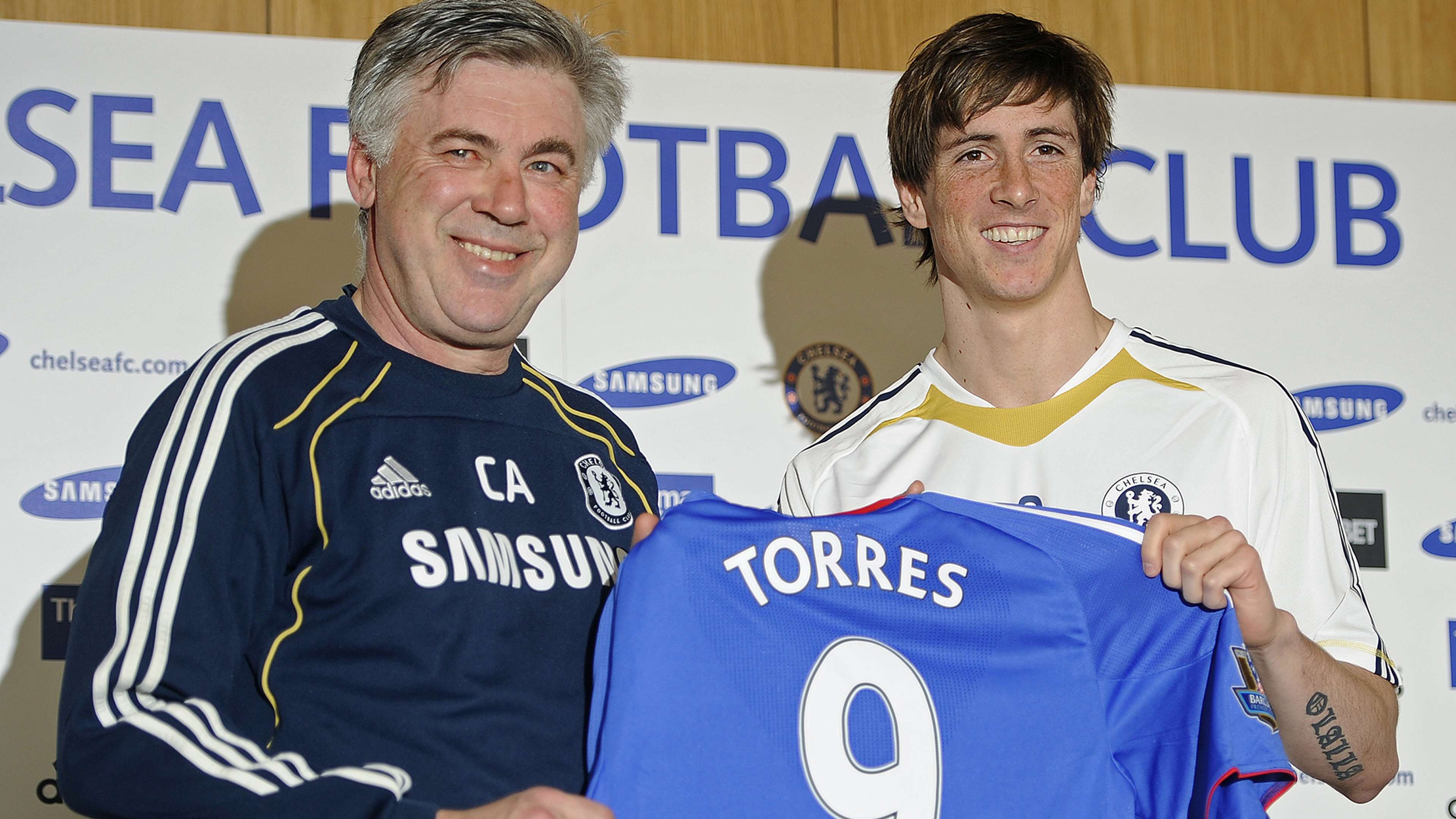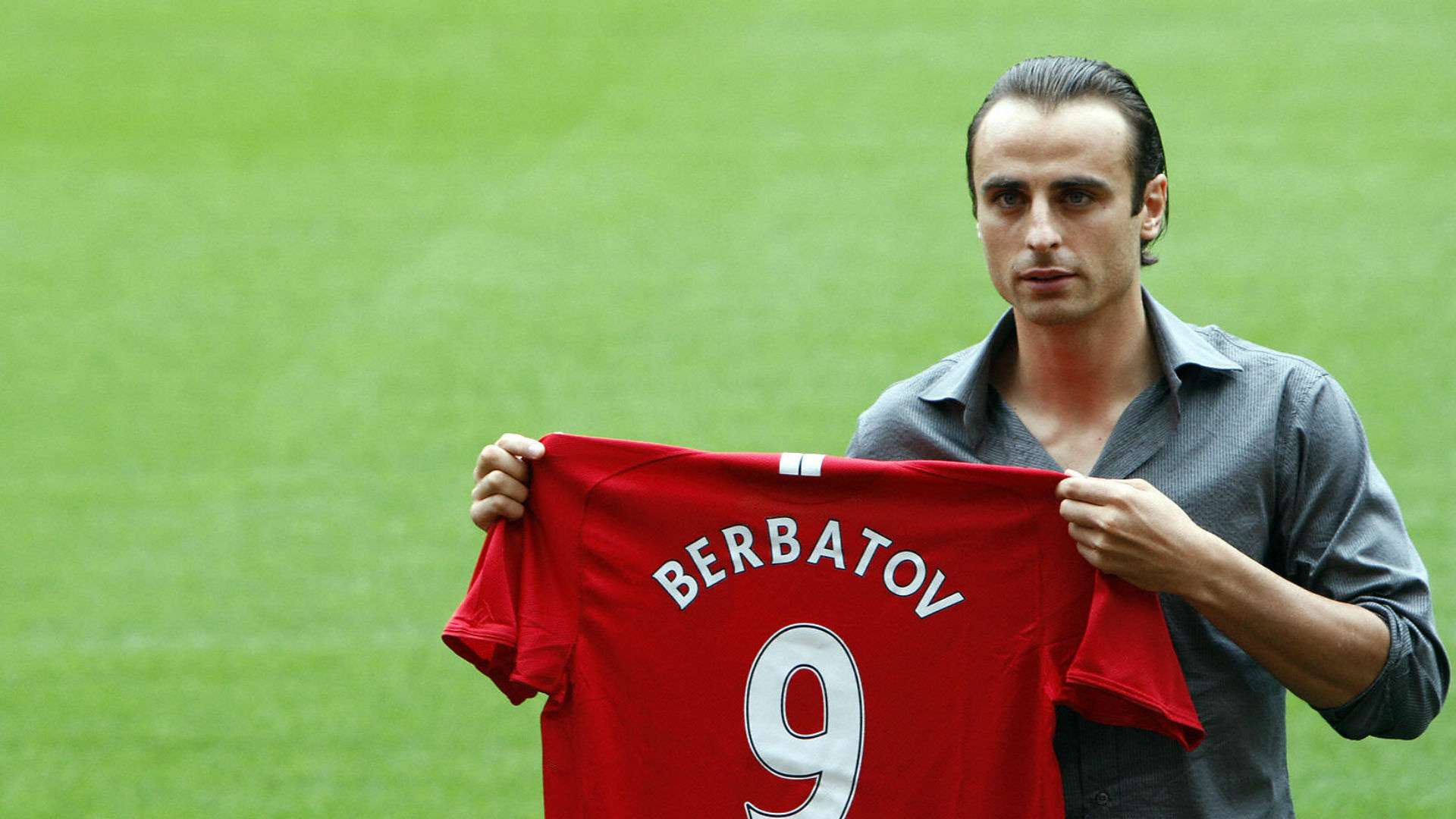The 2019 January transfer window has opened, with some highly-anticipated club transfer activity about to take place.
With players moving from one team to another and mammoth fees changing hands , it is a time of year that generates plenty of excitement and discussion among fans.
Transfer window hysteria has become a normal feature in the football calendar as pundits debate the merits of potential recruits and journalists do their best to uncover the latest news.
For some fans, the transfer window has always been there, but it is a relatively new phenomenon.
As the winter window heats up, Goal takes a look at the history of the transfer window and some of the key details.
What is the transfer window?

A transfer window is a designated period of time in which football clubs in a particular country can recruit new players from other national leagues into their team.
While the term 'transfer window' is widely used, it is officially referred to as a ' registration period ' by football's world governing body, FIFA.
There are two registration periods, which are fixed by national associations in accordance with their respective season calendars. According to FIFA's regulations , the first period begins after the conclusion of the season and usually ends before the new season gets under way. This particular transfer window can run for no longer than 12 weeks.
The second registration period normally takes place in the middle of the season and, unlike the first period, can remain open for just four weeks, giving clubs less time to conduct business.
In the majority of the world's biggest leagues, due to the timing of their seasons, the first period is generally known as the summer transfer window, while the second period is known as the winter - or January - transfer window.
There are some exceptions, with Major League Soccer (MLS) and some Nordic countries among those whose seasons generally begin in spring rather than autumn.
When was the transfer window first introduced?
 Getty Images
Getty Images
Transfer windows had been in operation in various parts of the world in different guises, but the principle was only formally adopted by European football in 2002, when UEFA recommended harmonised registration periods across the continent beginning from the 2002-03 season .
It can sometimes feel as though football exists in a bubble, separate from everyday life, but the widespread introduction of the harmonised transfer window concept in the game came about in response to political pressure and a desire to meet international trading standards.
What are the transfer window dates?
 Getty
Getty
As mentioned, transfer window dates vary from country to country depending on the timing of their respective seasons.
So, for example, the Premier League, which runs from mid-August to mid-May, has a different set of transfer windows to MLS, which generally runs from March to October.
The table below includes a selection of transfer window dates for a number of different countries.
| Country | Pre-season window | Mid-season window |
|---|---|---|
| Argentina | June 26 - September 17 | January 8 - February 7 |
| Brazil | January 10 - April 2 | June 20 - July 20 |
| China | January 1 - February 28 | June 18 - July 13 |
| England | June 9 - August 31 | January 1 - January 31 |
| France | June 9 - August 31 | January 1 - January 31 |
| Germany | July 1 - August 31 | January 1 - January 31 |
| Italy | July 1 - August 31 | January 3 - January 31 |
| Netherlands | June 9 - August 31 | January 3 - January 31 |
| Portugal | July 3 - September 22 | January 3 - February 2 |
| Russia | June 9 - August 31 | January 23 - February 22 |
| Scotland | June 9 - August 31 | January 1 - January 31 |
| Spain | July 1 - September 1 | January 1 - January 31 |
| Turkey | June 17 - September 8 | January 4 - January 31 |
| USA / Canada | February 7 - May 1 | July 10 - August 8 |
As you can see, the majority of Europe's top leagues - Premier League, La Liga, Bundesliga etc - observe very similar registration periods, with a number of slight variations.
In China, the pre-season transfer window runs from the beginning of January until the end of February, while the Brazilian pre-season window runs from January 10 to April 2.
What is transfer deadline day?
 Getty Images
Getty Images
Transfer deadline day is the final day in which deals and players' registration can be completed.
It is a fascinating time as clubs scramble to finalise transfer formalities. The excitement and intrigue tends to simmer away throughout any given transfer window as deals are announced, but it usually becomes more frenetic as the window nears its conclusion.
Given the variables involved in a single transfer and the pressures on individuals to tie up loose ends before the proverbial window shuts, there is inevitably drama. Unfortunately for some, many deals simply do not get done in time for any number of reasons.
Are fax machines really used?
Yes they are, but an increasing number of clubs are beginning to embrace more modern technology.
While they are excitedly fed shots of players arriving at training grounds, or a given a glimpse of a glamorous unveiling, something fans don't tend to see is the actual administration that is required behind the scenes.
There is a lot of paperwork to be completed and, for some, the use of fax machines is a practical and efficient method of sending documentation such as contracts.
